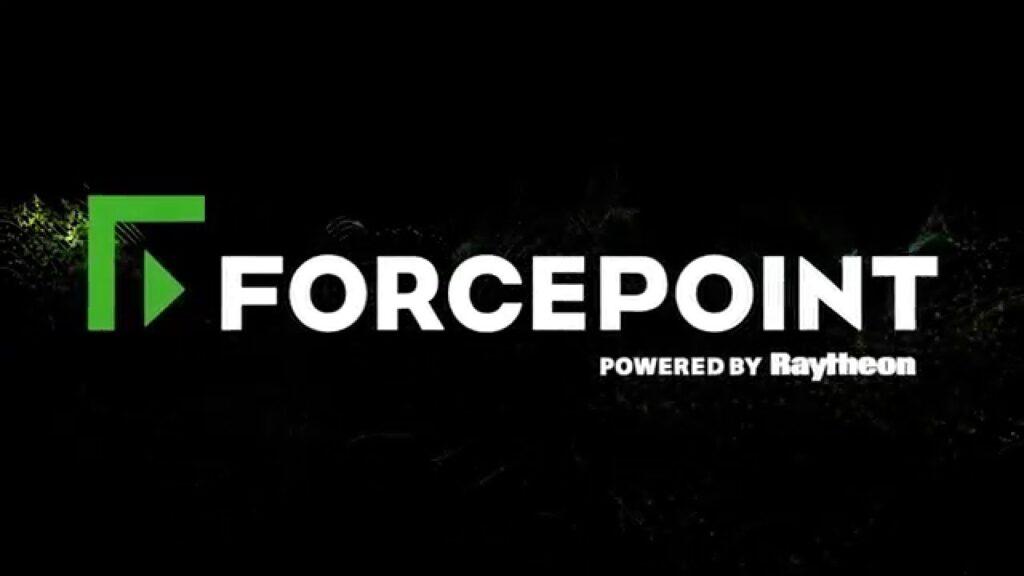Forcepoint – A Leading Provider Of Cybersecurity Services.
Forcepoint is a human-centric cyber security firm that recognizes behavior and adjusts security enforcement and responsiveness to risk. Risk-Adaptive Protection is provided by the Forcepoint Human Point system to continuously ensure the trustworthy use of vital systems and data.
About The Company
Forcepoint is an Austin, Texas-based American multinational software firm that develops firewalls, data security, cloud security brokers, and cross-domain services and solutions. Originally known as NetPartners, Forcepoint was established in 1994 as a reseller of IT services. In 1999, the firm changed its name to Websense, and at the height of the dot-com bubble, in 2000, it went public.

History
In 1994, Phil Trubey established Forcepoint as NetPartners in San Diego. The company started off as a distributor of network security products before creating software to regulate employee Internet access. In 1999, NetPartners became Websense. At the height of the dot-com boom in 2000, the company raised over $72 million through an IPO. On the first trading day, the stock price increased twofold. In 2006, Websense acquired the fingerprint security firm PortAuthority. In 2007, it acquired an email security provider SurfControl. In 2009, it bought Defensio, a social media-focused spam and virus startup. In 2011, Facebook used Websense to examine every link people posted on the platform. In 2013, Websense was acquired by Vista Equity Partners. That year, Websense’s headquarters were relocated to San Diego, then in 2014, they were moved to Austin, Texas. Raytheon bought the company in 2015 from Vista and merged it with RCP, a former component of its IIS division, to become Raytheon|Websense. In 2015, Raytheon paid $1.9 billion for an 80% stake in Websense. Stonesoft, a provider of network security, was purchased by Websense in 2015 from Intel. In 2016, the business changed its name to Forcepoint.In 2019, Raytheon purchased the remaining 20% of the business from Vista Ventures Partners. In January 2021, Francisco Partners acquired Forcepoint from Raytheon.
Controversies
Although Forcepoint has a stance against doing business with government agencies and ISPs that restrict the Internet, the company has come under fire for having a “perceived relationship to repression of freedom of speech and the transmission of knowledge”. In 2009, it was found that the Yemen government was utilizing Forcepoint’s products to track internet usage by the general public and to block applications that let people hide their online activity from the government. In response, Forcepoint disabled the country’s ability to access the company’s database updates. However, Yemen’s government continued to limit access to platforms like Tumblr, which many newsagents used to disseminate news. In 2009 due to one of Cisco Systems’ IP addresses being listed on a hacker website, Forcepoint briefly classed Cisco Systems’ website under “hack sites”. Later the IP was verified, and it was determined to be safe. Forcepoint announced in 2011 that it would join the Global Network Initiative, an organization dedicated to internet freedom and privacy. In 2014, the company however left this initiative.
Founder – Phil Trubey
Websense, Inc., which is now known as Forcepoint, was founded by Phil Trubey. The company is a market leader in defending businesses against data theft and cyberattacks.
CEO – Manny Rivelo
At Forcepoint, Manny Rivelo serves as the company’s CEO. As CEO of Forcepoint, Rivelo directs the company’s strategy to hasten the adoption by businesses and government organizations of a contemporary security paradigm that incorporates the newly developed Secure Access Service Edge (SASE) framework. Rivelo has over 30 years of expertise in leadership, corporate development, customer service, and sales roles. Rivelo previously worked as a Senior Operating Partner at the international investment company Francisco Partners Consulting.

I am a law graduate from NLU Lucknow. I have a flair for creative writing and hence in my free time work as a freelance content writer.

